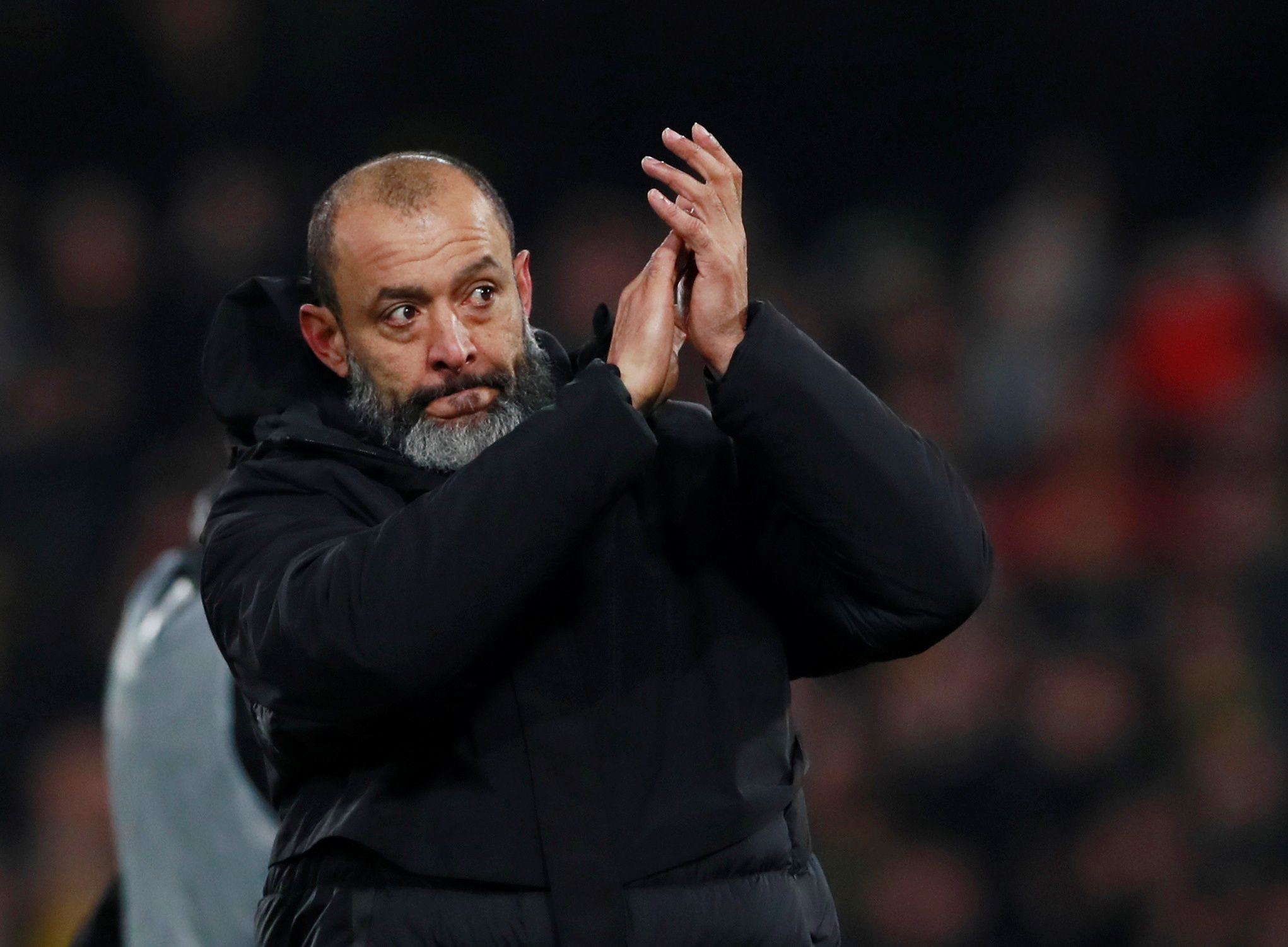Undoubtedly one of the stories of last season was the rise of Wolverhampton Wanderers, who took to the Premier League with ravenous glee. After coming up from the Championship in 2018 they exceeded all expectation in securing the highest finish in the top flight for a promoted side since Sunderland in 2000.
Along the way they took a hugely impressive 16 points from the six teams above them while adopting a well-organised style of football that saw them concede the fifth-fewest goals of any Premier League side. All told, they were a proverbial breath of fresh air, a new fixture for English football's top clubs to worry about.
This season has so far been a similar tale of lofty achievement with the Midlands outfit sitting pretty in what is fast becoming a familiar seventh place in the league. Next month meanwhile sees them compete in the Europa League knock-out rounds after navigating the group stage.
Can you remember how much each of these transfer icons cost? Only experts will get 100% on our quiz...
When viewing their steep trajectory it would be quite wrong to overlook the importance of Nuno Espirito Santo, whose arrival at Molineux kick-started the club after several years of false dawns. It is no coincidence that Wolves’ elevation has occurred since the Portuguese coach took the reins in the summer of 2017.
However, there are other factors that can be attributed to the club’s emergence as a major player in the English game and we’ll come to them very shortly. But first let’s take a look at how Wolves’ accession to the big time has been perceived in the media and beyond.
Regarding their European adventure the Daily Mail recently referred to them as ‘Santo’s plucky underdogs’ and this has been a common theme - back in September, The Athletic described Wolves' 2018/19 campaign as simply "overachieving".
Every scalp of a top club, every major victory, and every next step taken has been greeted in pubs and headlines with a similar mix of impress and surprise. Perhaps that's understandable considering the level they were playing their football at this time two years ago, and considering where Wolves sit traditionally in the English game.
But now let’s highlight who else is behind this Wolves phenomenon.
Watch Wolverhampton Wanderers Videos With StreamFootball.tv Below
Firstly, and most importantly there is Fosun, a Chinese investment group who are the club’s owners. In March of last year it was revealed that their overall wealth amounts to £60billion.
The founder of Fosun is Guo Guangchang who is a good friend of super-agent Jorge Mendes, one of the most powerful men in world football, and with Cristiano Ronaldo and Jose Mourinho as clients you can see why.
Mendes’ client Nuno Espirito Santo joined Wolves as too did the highly rated Ruben Neves, who opted for the Championship over the Champions League with FC Porto. Indeed, this extremely well-connected club presently have eight Portuguese players in their ranks who collectively boast 100+ international caps to their name. Hardly footballing novices fighting for results against the odds.
To help their cause in getting out of the second tier, Wolves spent an eye-watering £67m. Since reaching the promised land they have splurged just shy of £190m. In fact, Wolves' transfer balance for the last five years has a lower deficit than just five current Premier League clubs according to Transfermarkt, three of those being the Manchester giants and Arsenal.
Wolves have been brilliant for the Premier League. They have added a new obstacle for top clubs and made the upper half of the division even more competitive. But let’s dispense with the plucky overacheivers tag. In reality, when you consider finance, connections and the quality of player they've accordingly managed to bring in, Wolves are exactly where they should be.

